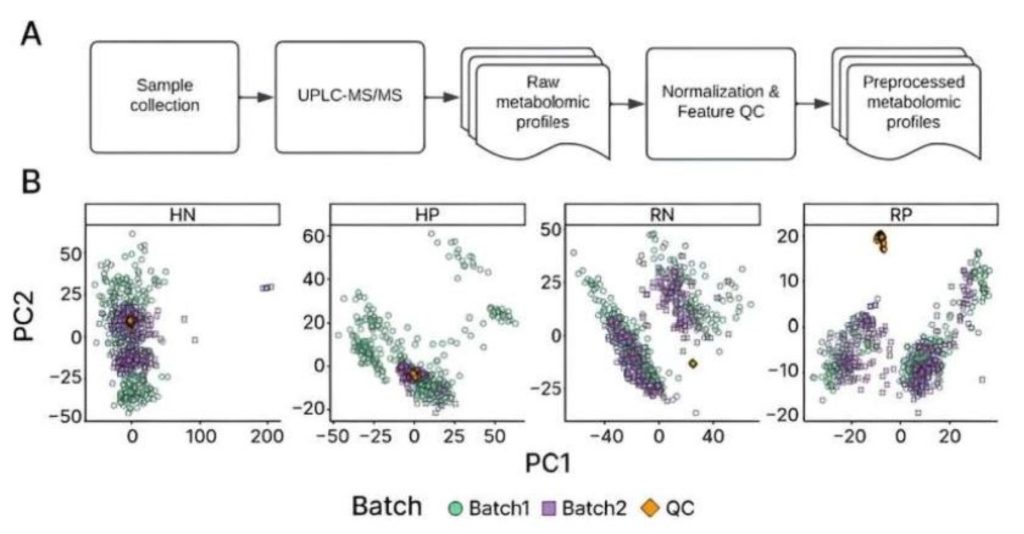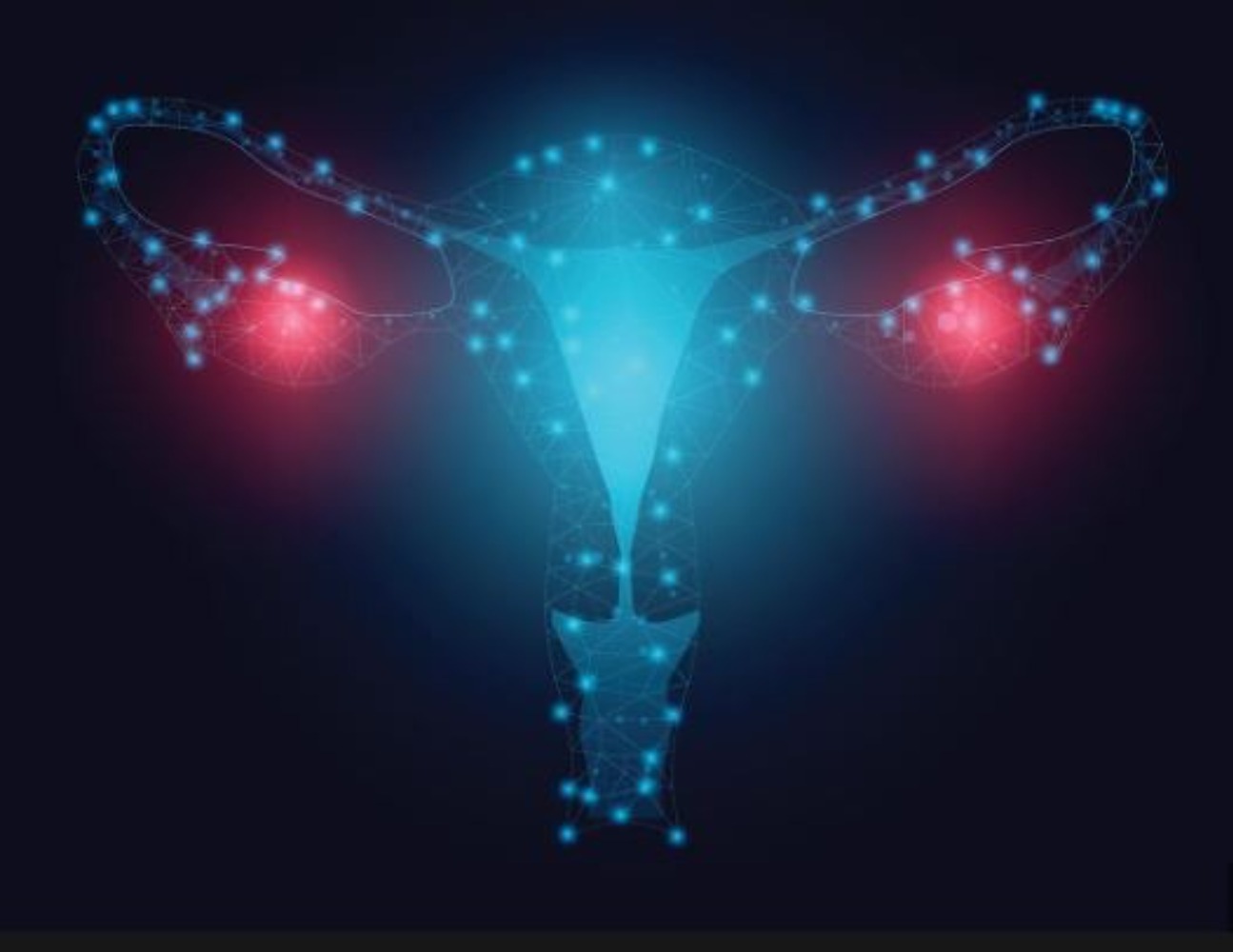Ovarian cancer, often termed the silent killer, typically presents no symptoms in its initial stages, leading to late detection when treatment becomes challenging.

The stark contrast in survival rates highlights the urgent need for early diagnosis: while late-stage ovarian cancer patients have a five-year survival rate of around 31% post-treatment, early detection and treatment can raise this rate to over 90%. To subscribe please click tau.id/2iy6f and access our live channel.
Despite over three decades of research, developing an accurate early diagnostic test for ovarian cancer has proved challenging. This difficulty stems from the disease’s molecular origins, where multiple pathways can lead to the same cancer type.
ALSO READ: Debunking the Myths of Glaucoma
The new test, published in the online issue of the medical journal Gynecologic Oncology, uses a patient’s individual metabolic profile to assign a more accurate probability of the presence or absence of the disease.
Scientists at the Georgia Tech Integrated Cancer Research Center (ICRC, Atlanta, GA, USA) have now made a breakthrough by integrating machine learning with blood metabolite information, developing a test that can detect ovarian cancer with 93% accuracy in their study group.

According to John McDonald, Professor in the School of Biological Sciences at Georgia Institute of Technology, US, the new test’s accuracy is better in detecting ovarian cancer than existing tests for women clinically classified as normal, with a particular improvement in detecting early-stage ovarian disease in that cohort.
This test outperforms existing detection methods, especially in identifying early-stage ovarian disease among women clinically considered normal. The researchers have created a novel diagnostic approach, utilizing a patient’s metabolic profile to assign a more precise probability of the presence or absence of the disease.
Mass spectrometry, used to identify metabolites in blood through their mass and charge, faces a limitation, thus, pinpointing specific molecular processes behind an individual’s metabolic profile remains a challenge.

Nevertheless, the team recognized the potential of using the presence of varying metabolites, as detected by mass spectrometry, to create accurate predictive models using machine learning. This approach is similar to using individual facial features for developing facial recognition algorithms.
he vision for clinical application is a future where individuals with a metabolic profile indicating a low likelihood of cancer undergo annual monitoring, while those with scores suggesting a high probability of ovarian cancer receive more frequent monitoring or immediate referral for advanced screening.




